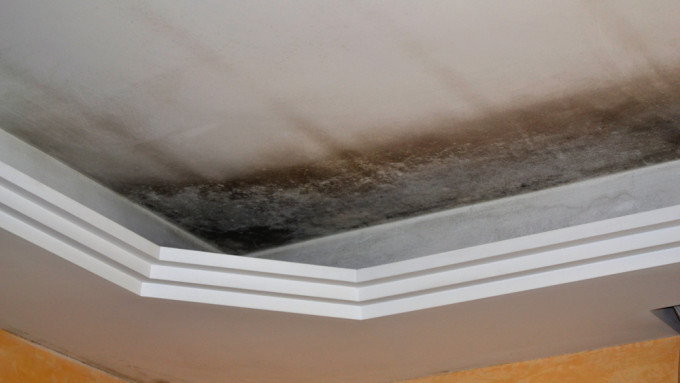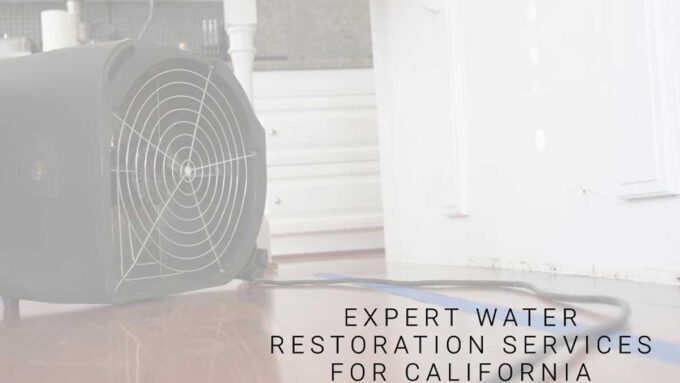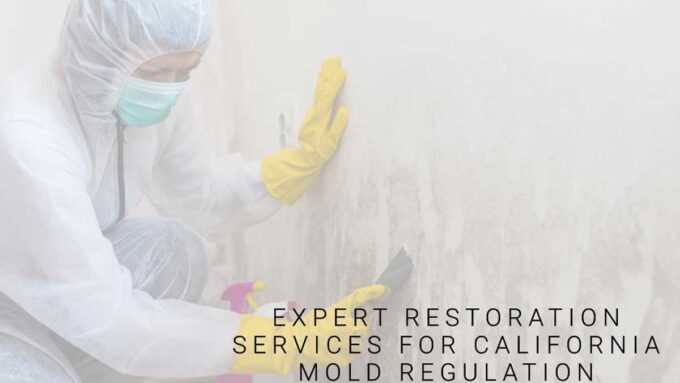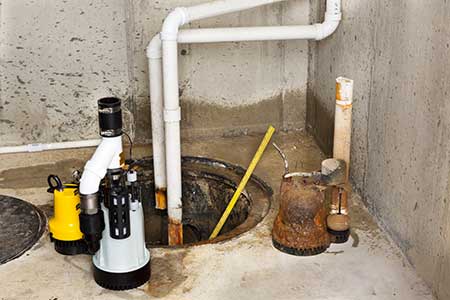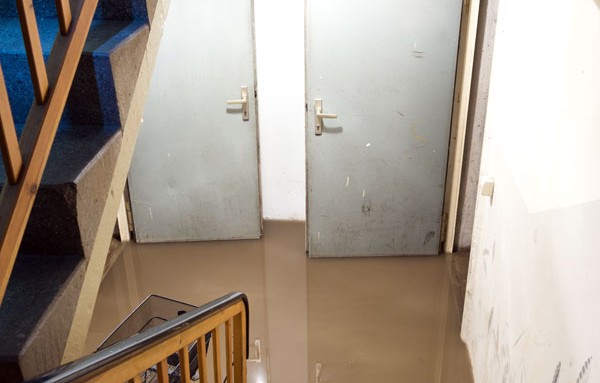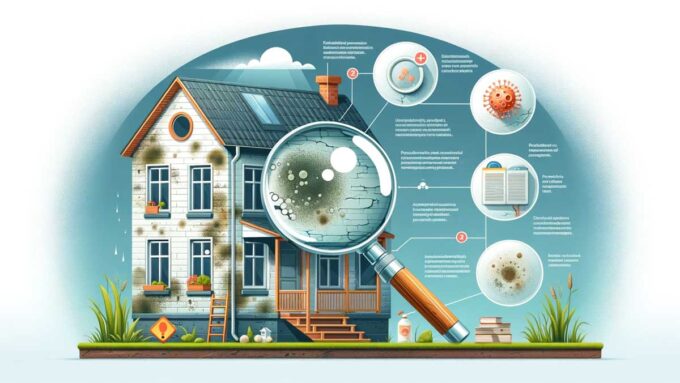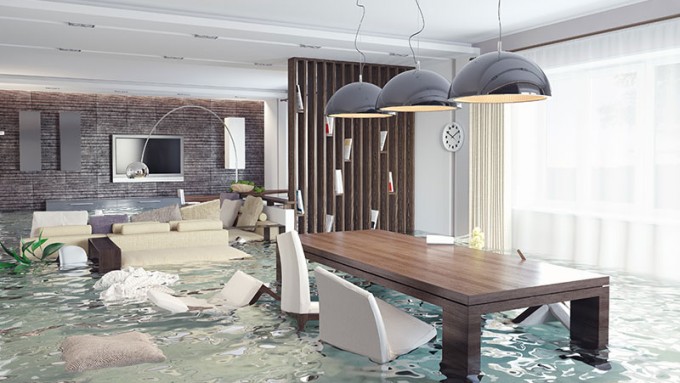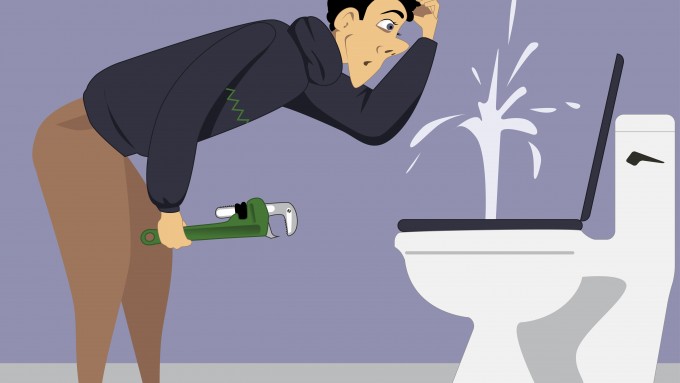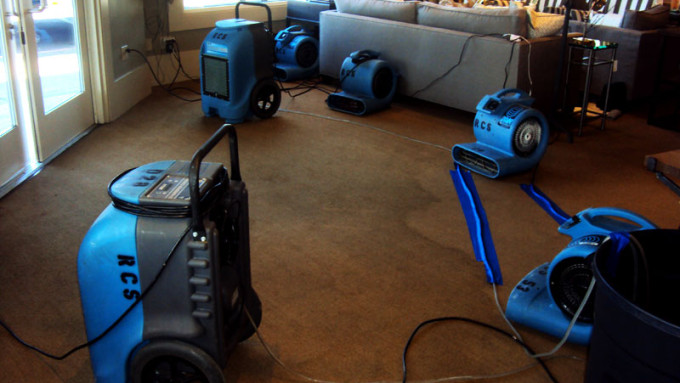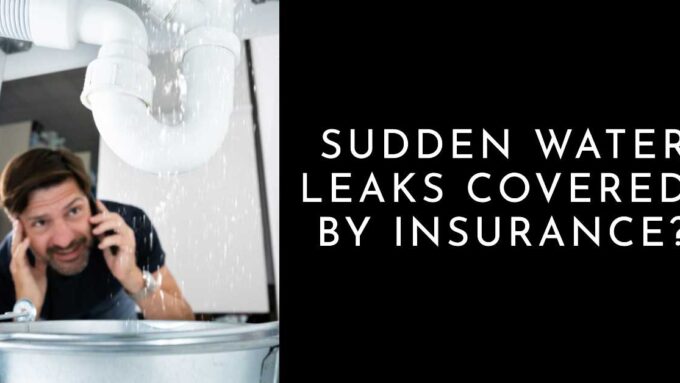A huge amount of water all over your floor can be a nightmare come to life for any homeowner. This can happen because of a burst water pipe, a malfunctioning hot water heater, a leaking roof or an overflowing washer. Take comfort in the fact that there are several things you can do to limit the water damage between the time of the incident and when a professional arrives to restore your home to pristine condition.
Ways to Immediately Limit Water Damage Before Professionals Arrive
Shut Off the Power
Shut off the power immediately. If the water gets into electrical appliances or electrical outlets when they are on, it could ruin the electronic circuits. Head to the circuit breaker and flip the switches for the affected areas. Unplug any electronics, including appliances, in the way of the water.
Pull Up Carpets
Pull up any carpets or rugs, and get them out of the way. You can dry them and disinfect them later, but you have to limit the water damage first. Pull up any padding underneath. The carpet may shrink from contact with the water.
Remove the Water
The only way to stop everything from staying soaked is to get rid of the water. Use mops, buckets and towels. Send all of this water outside into a storm drain or your lawn. If you still have power, you can dry using a wet/dry vacuum, but be very careful not to get the plug or extension cord wet.
Dry Out the Area
Set up fans and open windows to get a breeze going in the affected area. This dries out any remaining water as much as possible. A dehumidifier works well. Drying with air eliminates any last bits of water you can’t reach with a towel.
Disinfect
You must disinfect any permeable surfaces, such as walls and wooden floors, very soon after the water damage occurs. This prevents mold from seeping into drywall and wood. Once mold starts to grow, it is very hard to get rid of, and black mold can cause severe health problems.
Throw Things Away
Salvage what you can, but throw away the rest. Get rid of any items damaged beyond repair. Follow your city’s guidelines for the disposal of electronics because electronics shouldn’t be thrown into a landfill.
In the midst of all of this, you need to call a professional cleaning service with experience in cleaning water damage to assess what needs to happen next. These professionals can mitigate any mold problems, suggest improvements and document precisely what happened. You’ll need this type of documentation for any insurance claims you make on the home itself or for your damaged items.

